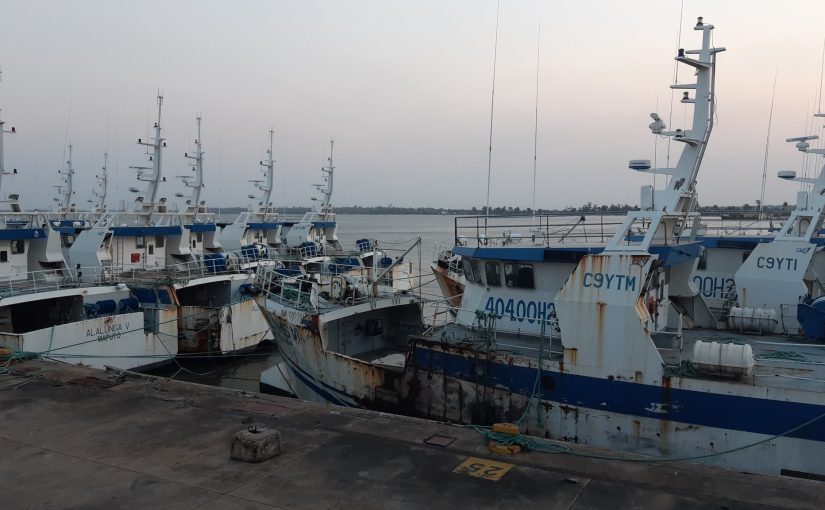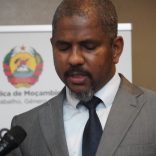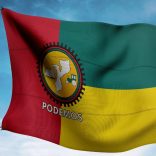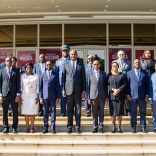Mozambique: Security situation in Niassa 'stable' - defence minister
Mozambique: No recovery yet from impact of ‘hidden debts’ – Graça Machel

Photo: Twitter / @TomBowk
Mozambique has still to recover from the impact of the ‘hidden debts’ case, which contributed to the deterioration accelerated by the Ibrahim Index of African Governance (IIAG) 2020, Mozambican social and political activist Graça Machel said on Monday.
“Mozambique has been hard hit by the crisis caused by ‘hidden debts’. The pace of growth that Mozambique was experiencing was seriously affected, the provision of resources to maintain that pace was severely reduced from 2016-17,” Graça Machel said in a video conference interview with Lusa.
Mozambique scored 49 points, 0.2 less than 10 years ago, in the IIAG 2020, which annually measures the quality of governance in 54 African countries through the compilation of statistical data from the previous year.
The biggest falls were recorded in the “Participation, rights and inclusion” and “Security and rule of law” categories.
According to Graça Machel, this performance was affected by the loans that the Mozambican state took out of around $2 billion (€1.8 billion) between 2013 and 2014 from the British subsidiaries of investment banks Credit Suisse and VTB on behalf of Mozambican state companies Proindicus, Ematum and MAM.
The case was renamed ‘hidden debts’ because they were only known in 2016, which led to the suspension of several international supports, including from the International Monetary Fund (IMF), contributing to the deterioration of the country’s economic prospects.
“What was being felt in 2019 comes from that period in which the ‘hidden debts’ were taken out and aid to the General State Budget was withdrawn to allow complementarity between the country’s internal resources and the resources of development partners to maintain the pace or increase the pace of development of Mozambique,” the former Mozambican education minister said.
The case has contributed to increased poverty, inequality and insecurity in the north and centre of the country, which continues to be affected by corruption and internal conflicts, despite the peace agreement signed last year between the Mozambique Liberation Front (Frelimo) and the Mozambican National Resistance (Renamo).
“Poverty has increased, inequalities have increased and now the general [peace] agreement lays the foundations, but in fact, the signing of papers without the material and financial substance to maintain the agreement are not sustainable,” she said.
Graça Machel, who sits on the board of the Mo Ibrahim Foundation, noted progress in women’s participation at the social and political levels and also in the intervention of justice, for example in the case of ‘hidden debts’.
The case is being tried in a case in Mozambique against 19 defendants accused of criminal association, blackmail, passive corruption, embezzlement, abuse of office or function, violation of management rules and forgery of documents involving, among others, Ndambi Guebuza, son of the former Mozambican president, Armando Guebuza.
The case is also being examined by the Trade Division of the High Court in London, where the Attorney General’s Office expects to cancel part of the debts.
The Mozambican social activist considered that the process is being very slow, it could be more vigorous and that the authorities should better inform the population about developments.
“There is an action that is to be commended, [but] it can be much more vigorous, and a greater alliance between the institutions of justice and the people must be created to strengthen this front in the fight against corruption and the issue of ‘hidden debts’,” Graça Machel said.
EMATUM boats update, live from the quayside pic.twitter.com/m5OKIwRBcK
— Tom Bowker (@TomBowk) November 18, 2020












Leave a Reply
Be the First to Comment!
You must be logged in to post a comment.
You must be logged in to post a comment.